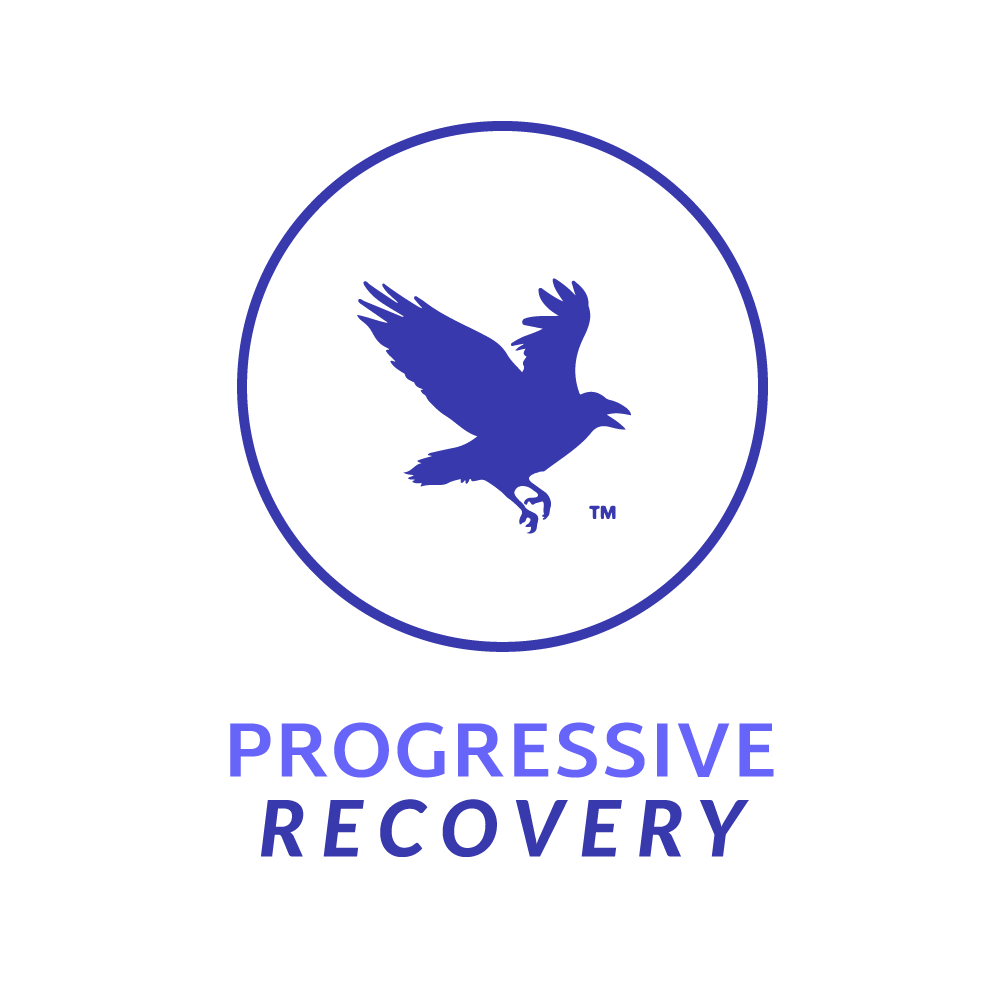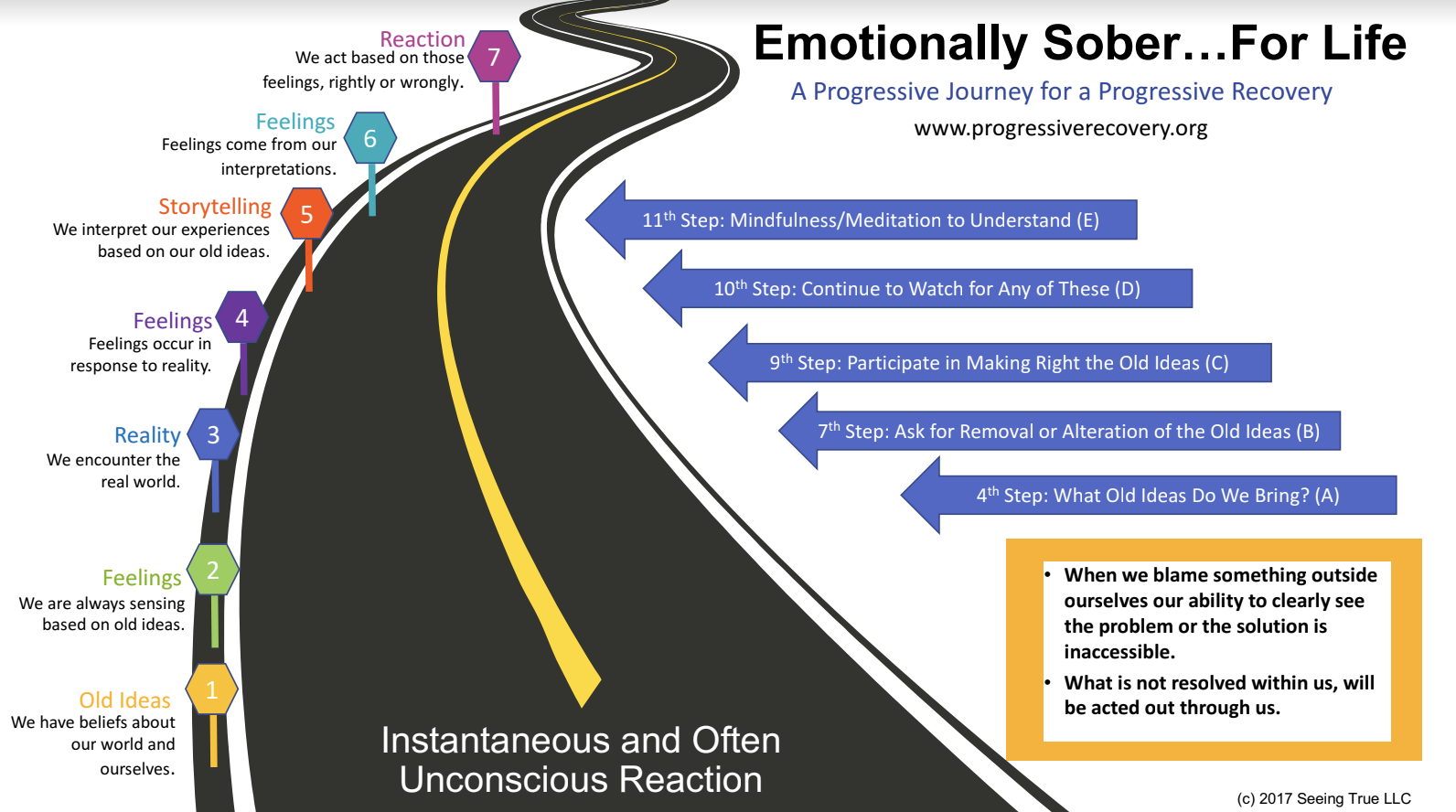Personal Experience in Recovery
The Power of Story
Once we arrive in the rooms of recovery, it quickly becomes clear that storytelling is a central practice. Whether it’s the stories we encounter in the literature, shared in speaker meetings and recordings, or told in our own voices during a 5th Step with a sponsor, spiritual advisor, or trusted friend, there is something uniquely powerful about giving voice to our lived experiences.
Carl Jung, the renowned psychologist whose work influenced some of Bill W.’s thinking - and later found its way into the Twelve Steps and the Big Book—concluded that stories are essential. He observed, “Transformation [i.e., psychic change] only happens in the presence of story, myth, and image, not primarily through rational arguments.” This is why the weaving together of the principles in the Steps, the insistence on telling our stories, and the connection found in community are all foundational to recovery.
The Progressive Recovery content is rich with stories from many different angles and vantage points. As described above, we have woven together narrative with more rational material, and it all works together. Stories offer us a powerful lens through which to view our lives, our recovery, and ourselves. It’s no wonder we so often hear in the rooms that, at some point, someone will “tell our story.” Likewise, we are encouraged to relate rather than compare. This emphasis on story is nothing new—human history itself has been carried forward through oral traditions. We are, in a very real sense, born to be immersed in story.
Fiction as a Pathway
A number of years ago, through an unexpected interaction with a serial killer who was soon to be executed for his crimes, Ron was compelled to tell part of that story. A Killer’s Grace emerged, driven by its lead character, Kevin Pitcairn - a man deeply engaged in recovery from alcoholism, actively involved in AA, and supported by a wise sponsor and several spiritual advisors. The novel weaves together a plot that is at once worldly, recovery-based, and profoundly spiritual.
That story proved compelling to people of all backgrounds while remaining especially relatable to those in recovery. Ron would occasionally acknowledge that it was, in part, biographical - an exploration of his own journey through the lens of fiction. When readers and reviewers suggested there was more story yet to be told, the Saga of Grace series was born.
The truth is, the arc of the plot (A Killer’s Grace, The Dark Side of Grace, and The Reckoning of Grace) is, in fact, a story of progressive recovery. Through Kevin Pitcairn, we witness a journey from alcoholism, through trauma, into post-traumatic growth, and ultimately into spiritual transcendence. His path also reflects a movement from darkness into ever-greater degrees of light—a reflection of the evolving spiritual experience many of us have known.
It was also fueled by a comment Ron once received from a friend in recovery. Mikey said, “Damn it! If grace doesn’t include the ugly stuff, then it ain’t grace.” One reviewer - a minister - echoed that sentiment, adding, “This ain’t yo’ mama’s grace.”
And so, the Saga of Grace series mirrors our own experience - an interplay of darkness and light, and perhaps a pathway toward deeper spiritual growth and development.
Ron concluded, “In creating this story, somehow I advanced my own understanding and recovery. Others have told me it was useful to them as well.”
“No matter how far down the scale we have gone, we will see how our experience can benefit others.”
~Alcoholics Anonymous
























